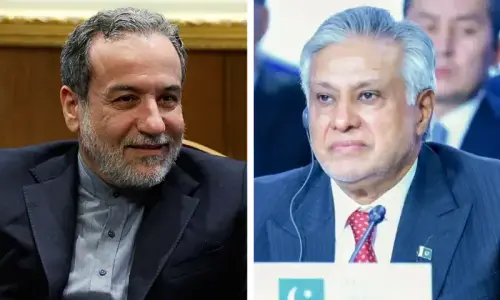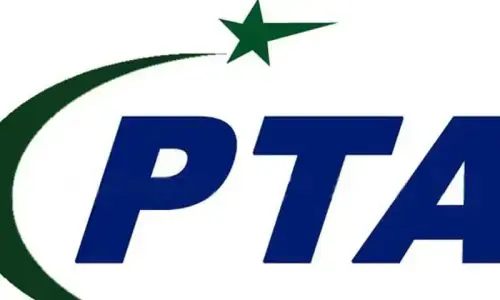PAKISTAN has set ambitious renewable energy targets for 2030 and beyond. With policy and institutional support in place, one can assume the country to be in a reasonably good position to move fast and go big during its transition towards a greater share of renewables in its energy mix.
Wider energy sector conversations in the practitioner, policy, and academic communities focus on two ends of a spectrum. At one end is the supply-side: infrastructure development, institutional capacity, and customer-centric service delivery. On the other, the adoption of energy-efficient practices, technologies, and consumer’s behavioural change.
What lies between the two ends ie operation and service delivery of individual renewable energy plants (wind, solar) has seen little deliberation. This leaves this significant area un-debated, and hence vulnerable!
Firstly, an acknowledgement that policy barriers for renewable energy investors in Pakistan (both foreign and local) remain low.
Small-scale bribery hampers this industry.
A recent study by a team of energy policy experts from the universities of Oxford, Amsterdam, and John Hopkins, for example, compared renewable energy power projects under the Belt and Road Initiative in Indonesia and Pakistan. A remarkable finding was that renewable energy project developers in Indonesia encountered far more policy barriers than in Pakistan! The researchers agreed that BRI-associated renewable energy power projects in Pakistan took place “under the purview of highly institutionalised governance regime … the formulation and implementation of project plans occurred through … (a structured process)”.
Formal institutional arrangements with clear remits (the Alternative Energy Development Board, Nepra, Central Power Purchasing Agency [Guarantee], etc.) have been widely known to not only facilitate market entry, but also to reduce long-term uncertainties for renewable energy private players. They also reduce project setting-up time and transactional costs.
Now, if one sees Indonesia’s renewable energy landscape, the country is developing the world’s largest floating solar farm and power storage system (cost $2 billion) on the island of Batam. The 2.2GW megaproject with a 4,000 MWh energy storage system will potentially offset over 1.8 million metric tons of carbon a year! One wonders that if a country with weaker renewable energy institutions than Pakistan’s can undertake projects of this scale — what could a country with huge wind and solar potential and a solid institutional/ regulatory framework such as Pakistan achieve.
The reality of our renewable energy transition, however, is less promising.
While numerous system-level factors remain, those pertaining to the operational lives of renewable energy projects tend to be vastly ignored. One challenge that became evident on my recent visit to Jhimpir was small-scale corruption affecting the establishment and operations of renewable energy plants.
Anyone who has been to the Jhimpir wind corridor can testify to miles and miles of silent wind turbines spread across dozens of well-kept wind farms — making it a place of immense beauty. Hundreds of towering, majestic, 25-metre beasts stand elegantly among inundating hills of sand, rocks and tough desert shrubs. The space is simple and elegant in its entirety — simple folk, harsh unspoiled landscape, and towering wind turbines.
During my stay, plant operators shared some experiences of local innovation, community development, responsible and inclusive business models, and technology indigenisation. But what also came out were tales of operational frustration — of casual favours and bribery expected by local inspectors and agencies at every step.
In the context of emerging countries, there has been an adequate amount of discussion related to large-scale corruption (usually kickbacks, theft, collusion and bid-rigging). However casual, small-scale, routinised bribery (expectations of ‘benefits’ for every signature and legal approval) remains generally unidentified. In our context, it appears to be regular practice faced by wind producers in the corridor. A nice group of electrical engineers and plant managers I met humorously termed this the ‘four-khaadi-suits-phenomenon’(an official casually requesting that ‘presents’ be placed in the car before his departure in exchange for his signature on a document — the absence of which could halt a perfectly legal matter for weeks at end).
Small-scale bribery that hampers the industry exposes the huge need for cultural change in institutions and departments that operationally support the renewable energy sector. While we may remain gleeful that Pakistan’s ease of doing business index has improved, the reality remains that the Index (and other acknowledgments of institutional maturity) will never really be representative of our situation until the stories from the ground state otherwise.
The writer is an academic who works in the areas of renewable energy and project management.
Published in Dawn, August 29th, 2021




























